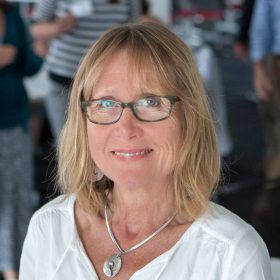Background
The process of displacement and resettlement often contributes to higher levels of mental distress for refugees. Researchers Debra Westlake, Kristin Liabo and Helen Lloyd met with refugees and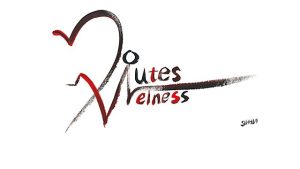 service providers to co-design a study on this topic. Together, refugees and providers identified that access to health care could be challenging for displaced people due to language barriers and a lack of understanding of how to access help. These factors contribute to the adverse health outcomes experienced by refugees as one of the most vulnerable groups within the UK. Refugees and providers wanted to know if peer support might improve the mental health of refugees, but the team found a dearth of research from the UK on how to support refugees using these models in the UK.
service providers to co-design a study on this topic. Together, refugees and providers identified that access to health care could be challenging for displaced people due to language barriers and a lack of understanding of how to access help. These factors contribute to the adverse health outcomes experienced by refugees as one of the most vulnerable groups within the UK. Refugees and providers wanted to know if peer support might improve the mental health of refugees, but the team found a dearth of research from the UK on how to support refugees using these models in the UK.
Aim
The aim of this study is to co-design a peer-led model and test if it is acceptable to refugees. The study will harness the collective skills of refugees, researchers, and service providers to develop and evaluate a peer-led model to support the mental health of refugees. This approach will use narratives to create a shared language about mental health. Peer support workers (PSWs) will work with refugees and use this shared language to identify health goals and help them access support.
Activity
We will use Experience-based Co-design to develop the PSW model, which will be tested in a 9-month trial in Plymouth and Gloucester using qualitative methods. Interviews, observations, and focus groups with refugees and professionals will provide data to help us identify key issues known as emotional ‘touchpoints’. Touchpoints capture significant personal and subjective experiences in relation to service needs and health concerns. Over a series of eight co-design workshops with providers and users, touchpoint data will be used to help shape the PSW model. These workshops will also develop the PSW training and delivery manuals, refugee-facing materials, and help identify outcome to measures for a future trial. A workshop will also help us refine the programme theory of how the model will work. Data collected and evidence from our literature review will inform this process along with refugee and service involvement during the workshops, which will consist of around 20 people. The outputs from these workshops will be presented at a community event to invite further feedback.
Six PSWs will receive training to provide the new support model. The workers will then work with up to 10 refugees each over a 9-month period. PSWs will enter into a narrative dialogue with each refugee to help understand what is contributing to their distress and help them identify mental health goals to improve this. They will also help them identify suitable community activities and services to help them achieve their goals.
We will interview refugees in contact with PSWs at 3 time points to assess their experiences of the PSW model; if it is acceptable, and if and how it has been helpful. PSWs will be interviewed to garner their experiences of delivering the model and what benefits or disbenefits they might have experienced. Data from interviews and focus groups will inform adaptations to the approach. Tests of the PSW model will run in both Plymouth and Gloucester.
Next Steps
An advisory panel and local impact group will link the study to wider initiatives for refugees, and ensure learning is cascaded. Findings will be disseminated through refugee networks, the NHS and academic journals.
Researchers have held an arts workshop with service users at the Devon and Cornwall Refugee Service to produce artwork for the project:

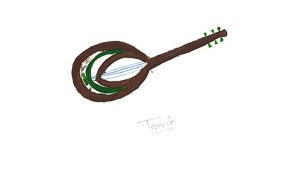
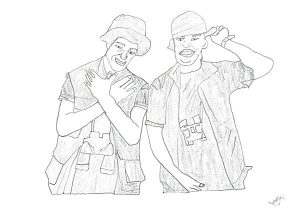
*The official and original funded name for this project has been changed from ‘Forced to Flee’ following feedback from our Patient and Public Involvement Group members to reflect a more positive focus on the project’s work.
Collaborators
Al-Noor Abdullah
Avril Bellinger, Honorary Associate Professor in Social Work, Chair, Students and Refugees Together
Kings College London
The University of East London
Students and Refugees Together
Gloucestershire Action for Refugees and Asylum Seekers (GARAS)
Headspace
Resources
PenARC Staff
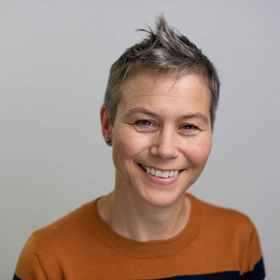
Dr Kristin Liabo
Associate Professor